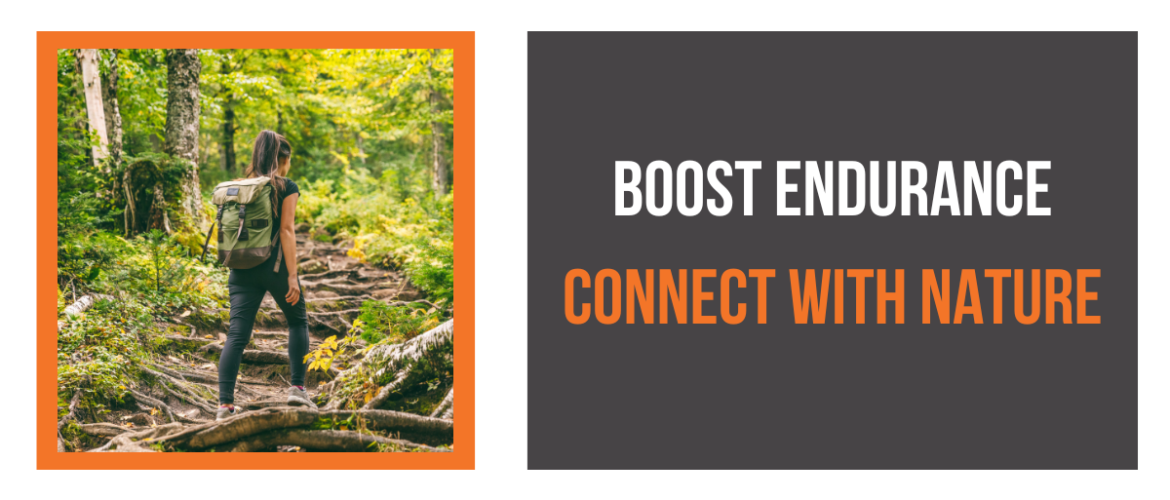GET IN TOUCH TODAY!
"*" indicates required fields

Rucking, the simple yet effective exercise of walking or hiking with a weighted backpack, has been gaining popularity as an accessible, full-body workout. Whether you’re an outdoor enthusiast or someone looking for a new way to stay active, rucking provides numerous physical and mental health benefits. Below, we explore the many advantages of incorporating rucking into your fitness routine.
Rucking engages multiple muscle groups simultaneously. The added weight in your backpack increases resistance, which helps build strength in your legs, core, shoulders, and back. Unlike running, which is primarily lower-body intensive, rucking offers a balanced workout for both the upper and lower body, promoting better posture and stability.
Although less intense than running, rucking still elevates your heart rate, making it an excellent form of cardiovascular exercise. It’s a low-impact way to improve your heart health without the high joint strain that can come from more intense activities like jogging. Over time, regular rucking can help increase your endurance and stamina, benefiting both aerobic and anaerobic fitness levels.
Carrying extra weight while walking increases the number of calories burned. A 90-kilogram person rucking with a 15-kilogram pack can burn significantly more calories than walking without weight. This makes rucking a highly efficient form of exercise for those looking to lose weight or maintain their current fitness levels while still being gentle on the body.
Rucking isn’t just good for the body; it’s great for the mind too. Walking in nature with the added challenge of a weighted backpack can reduce stress and improve mental clarity. The rhythmic movement and focus on breathing can be meditative, helping to clear your mind and improve your mood, similar to other forms of outdoor exercise like hiking or cycling.
Weight-bearing exercises like rucking are beneficial for increasing bone density, which is vital for preventing conditions like osteoporosis. The extra weight forces your bones to adapt and strengthen, reducing the risk of fractures and bone loss, especially as you age.
Unlike running, which can be hard on the joints, rucking is a low-impact exercise that provides many of the same benefits without the risk of overuse injuries. The slower pace puts less stress on the knees, hips, and ankles, making it an ideal option for people who want a challenging workout without the risk of injury.
One of the greatest benefits of rucking is its adaptability. You can start with a light load and gradually increase the weight as your fitness improves. This makes rucking a highly scalable exercise that suits all fitness levels, from beginners to advanced athletes. You can also ruck anywhere, whether it’s in the countryside, a local park, or even in urban settings.
Rucking is often done in groups, adding a social element to the workout. Many communities form rucking clubs where participants can exercise together, build camaraderie, and share a sense of accomplishment. At Storm Fitness Academy, we encourage our trainers to get their clients out rucking as part of their outdoor fitness plans. One of the many ways we network with our academy trainers is by organising group rucks. These group events foster team spirit, provide added motivation, and allow trainers to experience the mental and physical benefits of rucking firsthand alongside their clients.
Rucking is an excellent way to improve overall fitness, build strength, and enhance mental well-being without the harsh impact of more intense exercises. Whether you’re looking to lose weight, strengthen your body, or simply enjoy time outdoors, rucking is a versatile and effective activity worth trying. Best of all, it’s scalable, cost-effective, and accessible to people of all fitness levels.
So, why not give rucking a try? It could be the perfect addition to your or your client’s fitness routine.
If you want to become a qualified personal trainer and take your clients out rucking, please fill out the contact form below, and we will be in touch shortly.
"*" indicates required fields